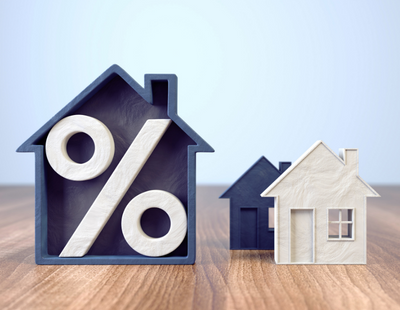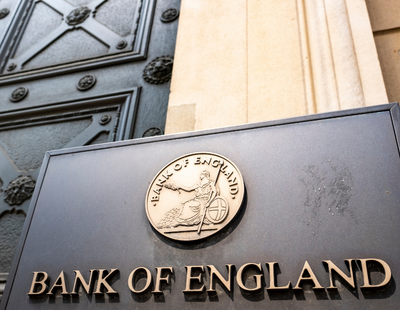
The pandemic may have helped first-time buyers get on the property ladder sooner but are they paying too high a price?
Research by Nottingham Building Society claims that those who could afford to put money aside during lockdown restrictions have found they have raised deposits for a mortgage faster than usual.
But the National Association of Property Buyers (NAPB) has warned many new purchasers are accessing 40-year mortgages that may be pushing up house prices that will create further issues in the future.
Nottingham Building Society surveyed more than 1,000 adults and found one in five of those planning to buy their first home in the next five years will have deposits saved this year.
A third will be viewing properties in 2022 and around one in ten first-time buyers have already started house hunting.
Iain Kirkpatrick, chief customer officer at The Nottingham, says: “The restrictions placed on people during the height of the pandemic saw many dramatically cut back on the amount they spent – from eating out, to buying new clothes and holidays.
“Although it has been a very difficult time, for many of those saving for their first home the reduction in their expenditure provided an opportunity to dramatically increase their deposit savings and move a step closer to owning their own home.”
In terms of what those planning to buy their first home have done to help save for this earlier than expected, 60% have spent less on clothes, 56% have made sacrifices when it comes to eating out, and 51% cut spend on holidays.
Some 16% have more than one paid job to help save their deposit.
It comes as research by comparison website Moneyfacts found six in 10 home loans now offer buyers an option of a 40-year term.
This may help secure more sales as borrowers can spread their payments over a longer period, making a mortgage cheaper.
But the NAPB warns this is storing up issues for the future.
Spokesman Jonathan Rolande says: “Much like the ultra-low interest rates we’ve enjoyed for the past few years, long term mortgages are making property that bit more affordable for people, spreading repayment of the debt over 30 or even 40 years.
“Whilst this is helping people to afford their ideal home, it is further fuelling price rises and creating an issue for the future.
“Will buyers in their 30s now really be happy to work well in to their 70s to repay a mortgage taken all those years ago?
“Based on past performance, in 40 years prices could be 10 times what they are now so the mortgage will seem very low, but what if prices don’t keep rising?”
















.png)


.png)



Join the conversation
Be the first to comment (please use the comment box below)
Please login to comment